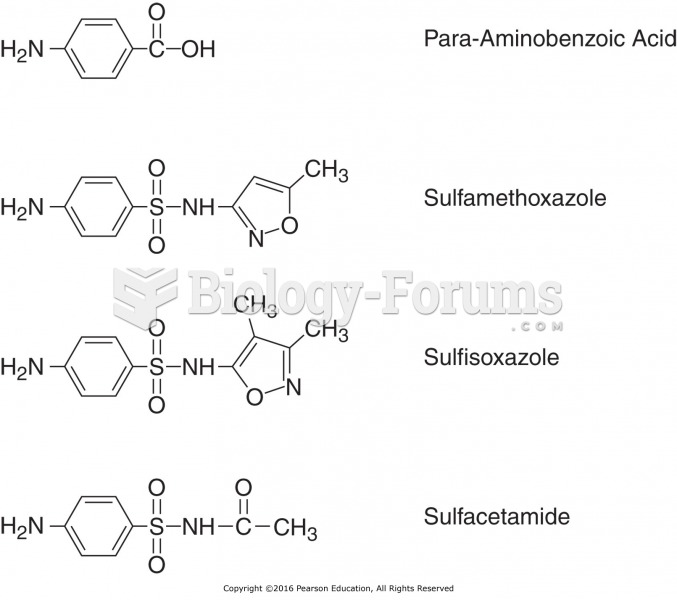Answer to Question 1
EXHIBIT 11.4: Similarities and Differences between Juvenile and Adult Justice Systems
Answer to Question 2
Police Investigation: When youths commit a crime, police have the authority to investigate the incident and decide whether to release the youths or commit them to the juvenile court. This is often a discretionary decision, based not only on the nature of the offense, but also on conditions existing at the time of the arrest.
Detention: The primary decision at this point is whether the child should remain in the community or be placed in a detention facility or in shelter care (temporary foster homes, detention boarding homes, programs of neighborhood supervision. A hearing by a judicial officer of a juvenile court to determine whether a juvenile is to be detained or released while proceedings are pending in the case.
Pretrial Procedures: In most jurisdictions, the adjudication process begins with some sort of hearing. At this hearing, juvenile court rules normally require that juveniles be informed of their right to a trial, that the plea or admission be voluntary, and that they understand the charges and consequences of the plea. The case will often not be further adjudicated if a child admits to the crime at the initial hearing. Plea bargaining may occur at this stage. Adjudicatoy hearing is the fact-finding process wherein the juvenile court determines whether there is sufficient evidence to sustain the allegations in a petition.
Adjudication: The fact-finding process wherein the juvenile court determines whether there is sufficient evidence to sustain the allegations in a petition.
Disposition: For juvenile offenders, the equivalent of sentencing for adult offenders; juvenile dispositions should be more rehabilitative than retributive.
Treatment: After disposition in juvenile court, delinquent offenders may be placed in some form of correctional treatment . Probation is the most commonly used formal sentence for juvenile offenders, and many states require that a youth fail on probation before being sent to an institution (unless the criminal act is extremely serious).







